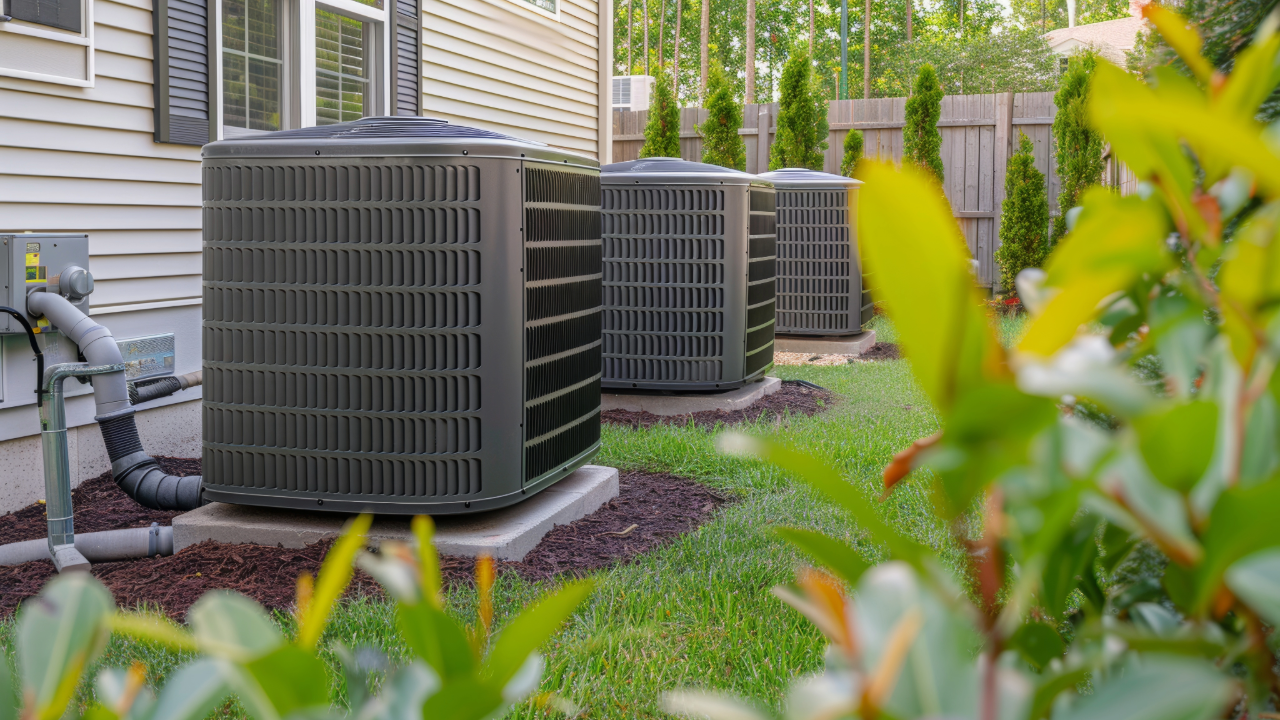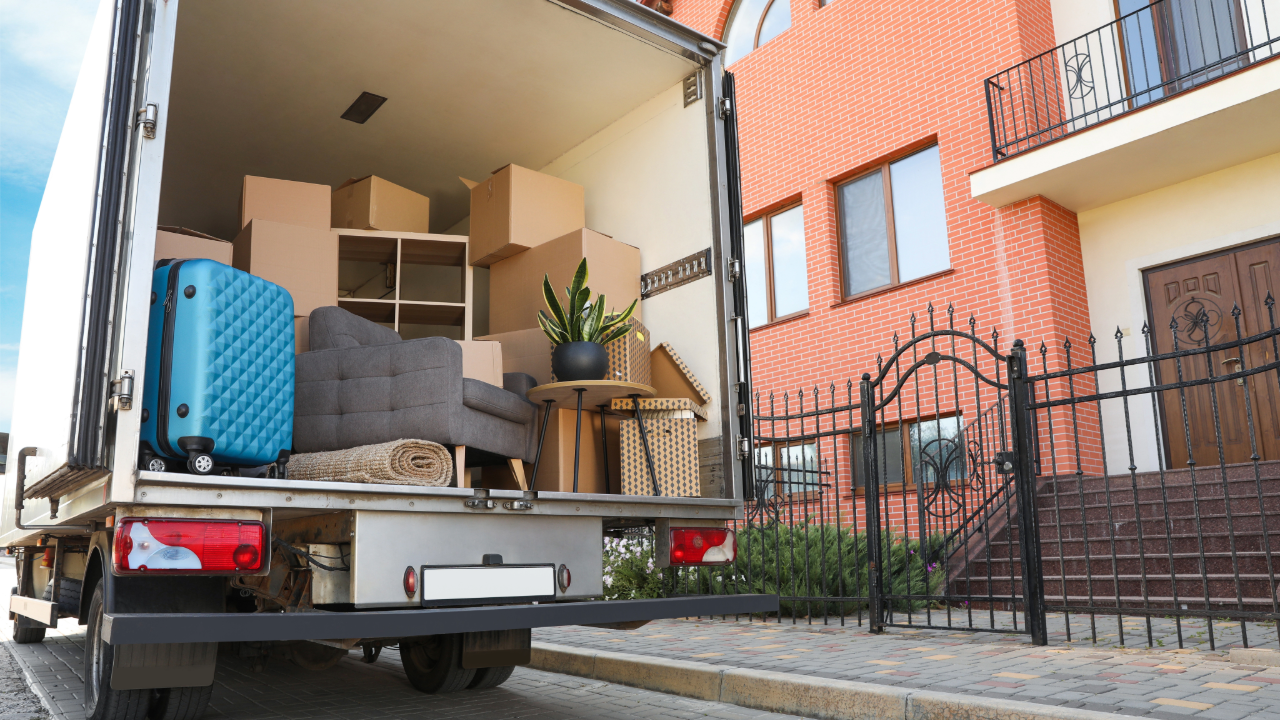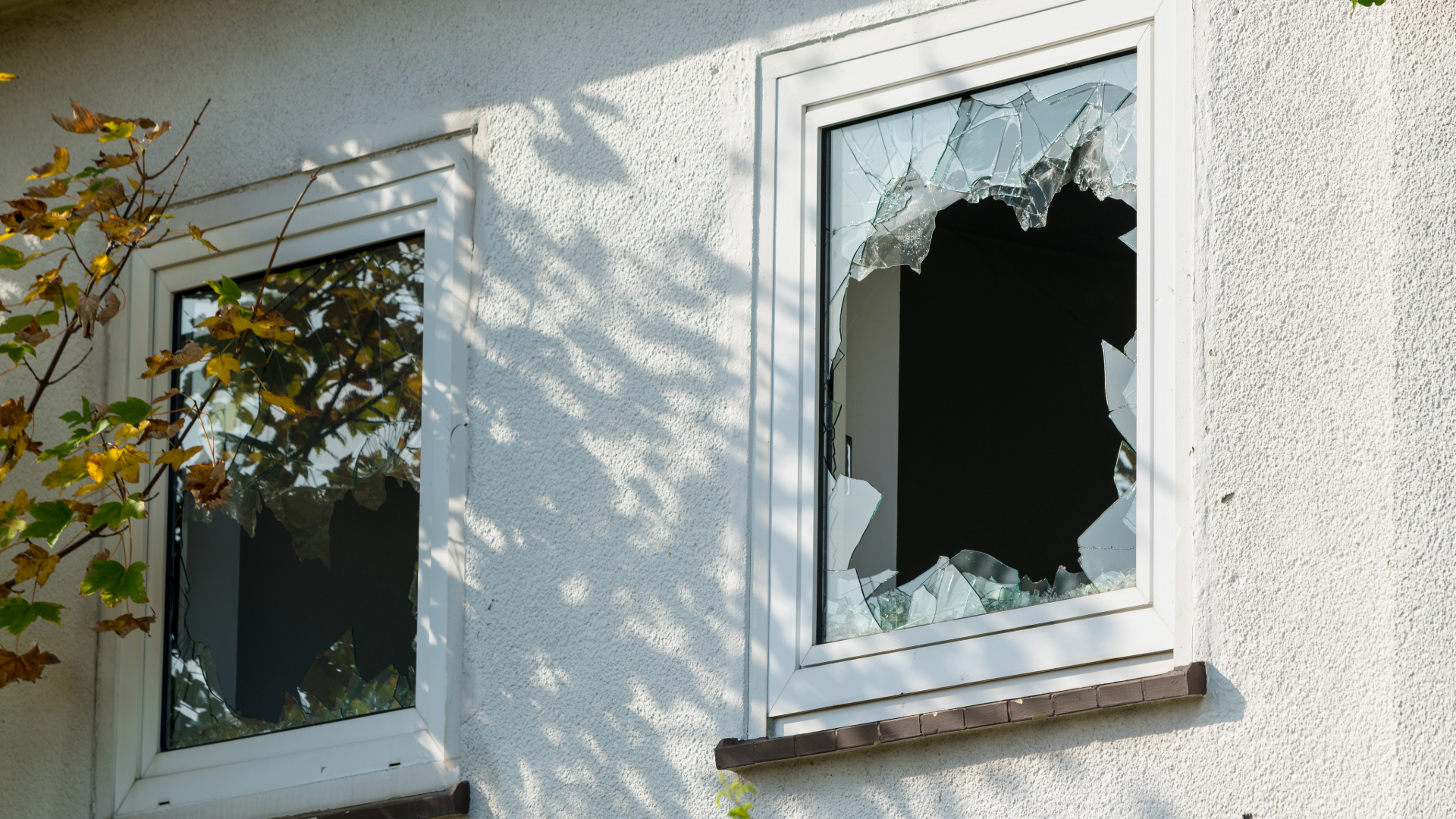Low Carbon HVAC Options for Eco-Conscious Homeowners
In today’s environmentally aware world, reducing carbon footprints is more than a trend—it’s a responsibility. At GOSAL Heating and Airconditioning Services, we are committed to helping our customers achieve their green living goals with low-carbon HVAC options. These innovative solutions not only minimize environmental impact but also offer efficient, cost-effective heating and cooling. Explore how choosing low-carbon HVAC technologies can make a significant difference in your home’s energy consumption and overall sustainability.
Why Opt for Low Carbon HVAC Solutions?
Low-carbon HVAC systems are designed to provide maximum comfort with minimal environmental impact. These systems utilize the latest technologies to reduce greenhouse gas emissions and energy consumption, aligning with the eco-conscious values of homeowners who prioritize sustainability without compromising on comfort.
Benefits of Low Carbon HVAC Systems:
- Reduced Environmental Impact: By using energy more efficiently and relying on renewable energy sources, low-carbon HVAC systems significantly decrease the amount of carbon dioxide and other harmful emissions released into the atmosphere.
- Enhanced Energy Efficiency: Modern low-carbon options are built to optimize energy use, drastically reducing your home’s energy consumption and lowering utility bills.
- Improved Indoor Air Quality: Many low-carbon HVAC systems include advanced filtration and ventilation technologies that not only conserve energy but also enhance indoor air quality, creating a healthier living environment.
- Long-Term Savings: Although the initial investment in a low-carbon HVAC system may be higher, the savings on energy bills and the potential for tax incentives and rebates make it a cost-effective choice in the long run.
- Compatibility with Smart Home Technologies: Low-carbon systems often integrate seamlessly with smart home technologies, allowing for precise control and monitoring of your energy use, further enhancing efficiency and convenience.
Our Low Carbon HVAC Solutions Include:
- Geothermal Heat Pumps: Utilizing the stable temperatures of the earth beneath your home, geothermal systems offer one of the most efficient heating and cooling methods available, drastically reducing reliance on fossil fuels.
- Solar HVAC Systems: By harnessing solar energy to power your heating and cooling, these systems reduce your dependence on traditional energy sources, decreasing carbon emissions and energy costs.
- High-Efficiency HVAC Units: Designed to use less energy while maintaining optimal comfort, these units are an excellent choice for anyone looking to upgrade their system to a more environmentally friendly option.
- Smart Thermostats and Controls: Automate your energy usage with smart thermostats that adjust heating and cooling based on your habits and preferences, reducing wasted energy and enhancing overall system efficiency.
Why Choose GOSAL Heating and Airconditioning Services?
At GOSAL Heating and Airconditioning Services, our expertise in eco-friendly HVAC solutions makes us a preferred choice for homeowners looking to reduce their environmental impact. Our team of certified professionals is dedicated to helping you select, install, and maintain the best low-carbon HVAC system for your home, ensuring you achieve both comfort and sustainability.
Transitioning to a low-carbon HVAC system is a powerful step towards a more sustainable and responsible way of living. With GOSAL Heating and Airconditioning Services, you can trust that your home heating and cooling are not only efficient and effective but also aligned with the best practices for environmental stewardship.
Ready to Reduce Your Carbon Footprint?
Contact GOSAL Heating and Airconditioning Services today at (510) 501-5715 or visit our website at GOSAL Air to learn more about our low-carbon HVAC solutions and schedule a consultation. Together, we can make a meaningful impact on the environment, one home at a time.



